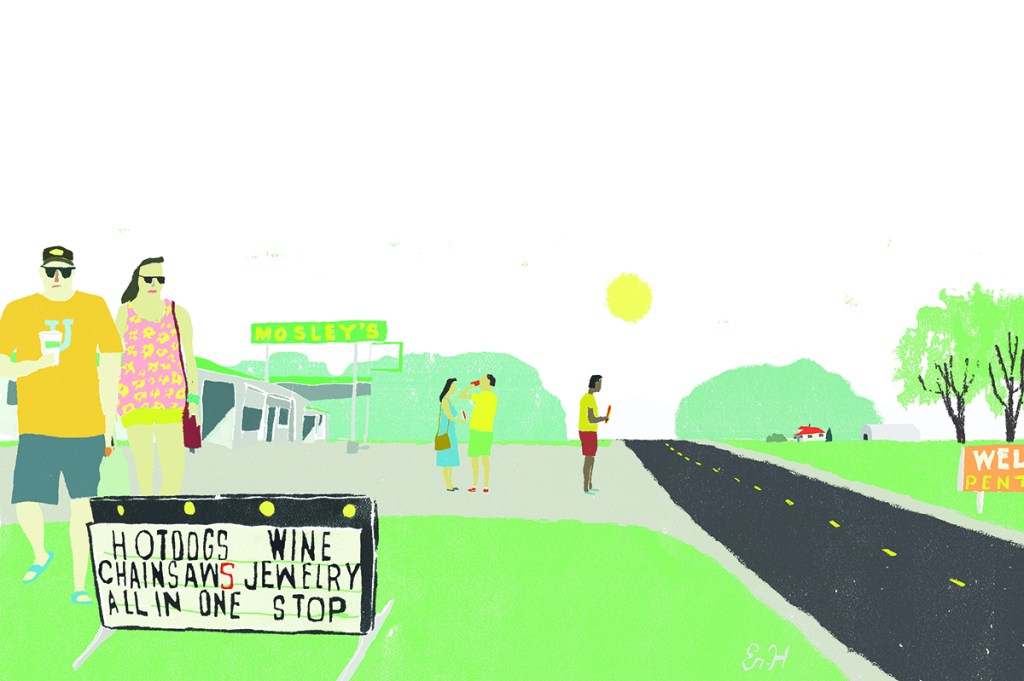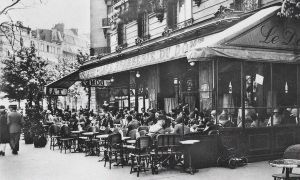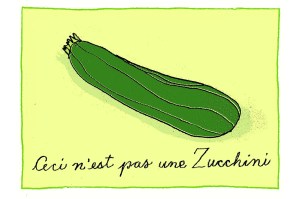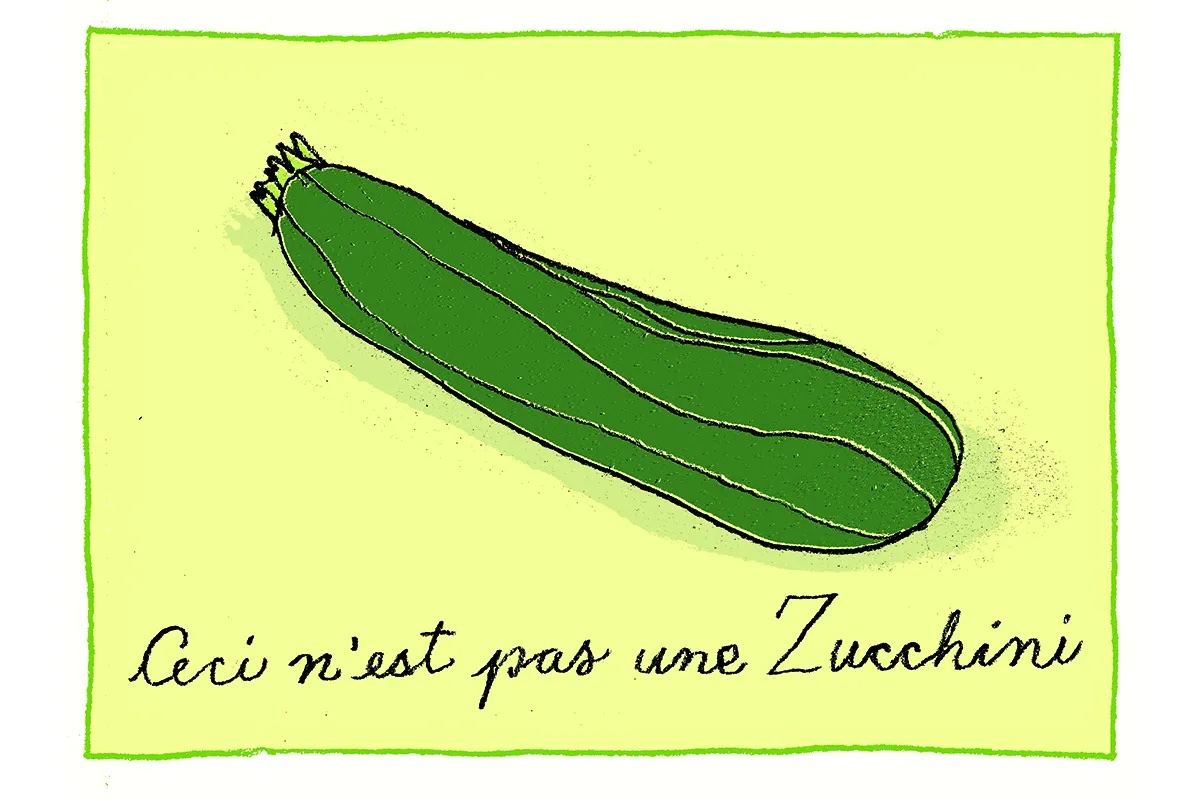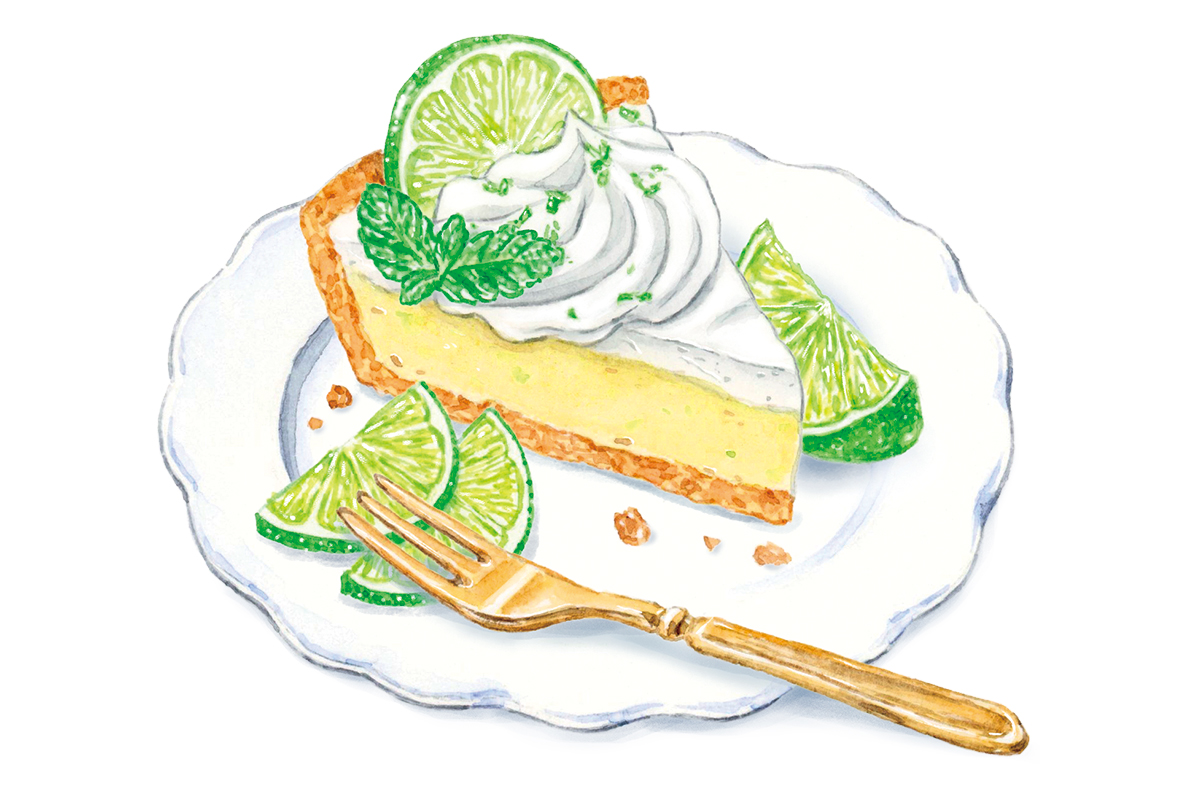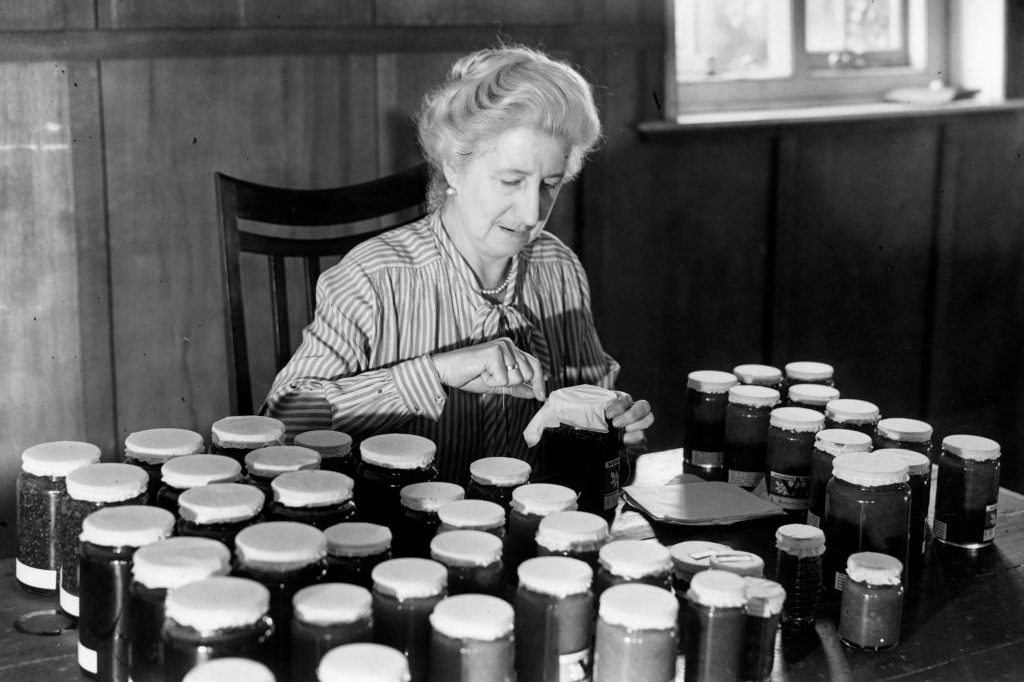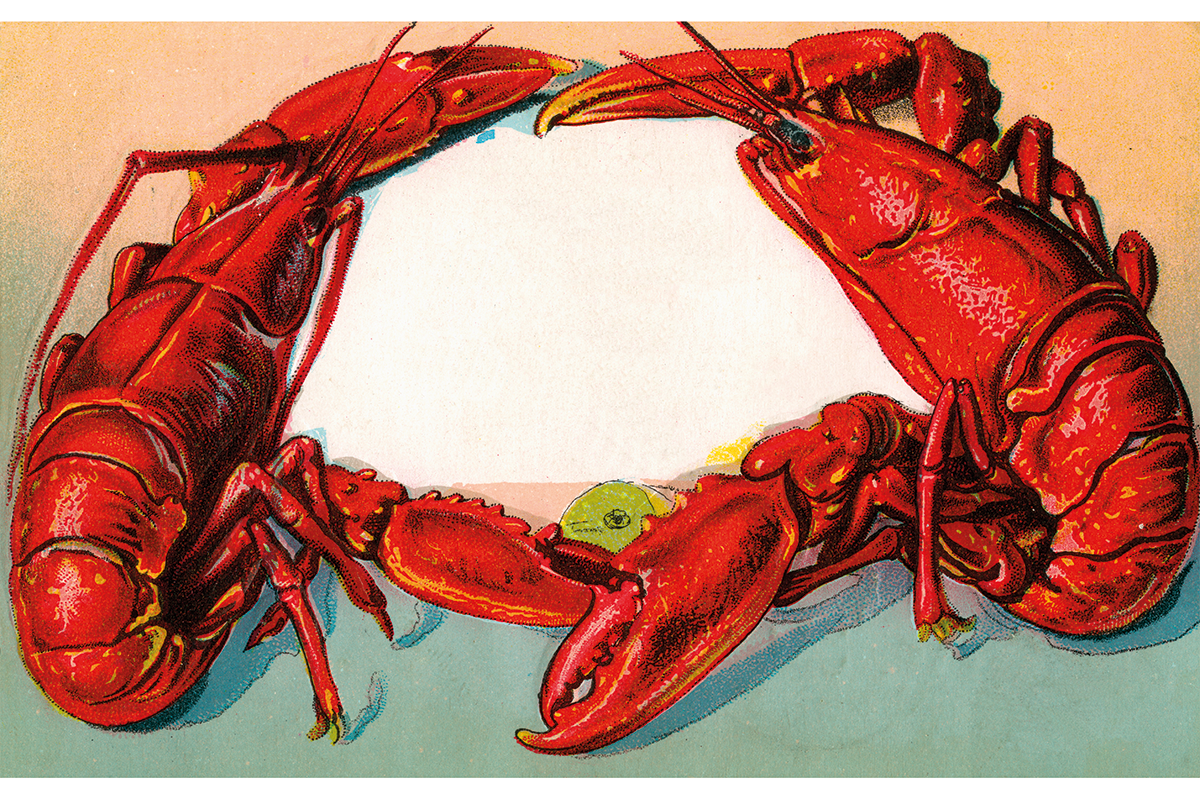In our age of branded everything, I suppose it should not surprise that the country store, that artifact of an older rural landscape, should have gotten the treatment too. Play the word-association game with Americans today and for “country store” you’re likely to get “Cracker Barrel™,” the publicly traded chain of folksy restaurants/retail emporia strung along the interstate system and specializing in a long menu of so-called comfort food, clean restrooms and rockers on the porch. Do not be deceived.
Lunch at Mosley’s Store in Pintlala, Alabama, sixteen miles south of Montgomery on US Route 31, the old Mobile Road, bespeaks a different reality. It has to do with food, tangentially. Go for lunch at Mosley’s and you won’t have a lot of choices: would you care for a hot dog or a hot dog? Add a bag of chips, a brown Dr. Pepper or a green Mountain Dew, maybe one of those “creme-filled” packaged cupcakes off the shelf in the grocery section, and that’s about it. Unless it’s a day in summer when a local barbecue man parks his smoker and grill in the shade of a live oak near the gas pumps. Order up a pulled or chopped pork sandwich with or without slaw (or a plate: that’s no roll and more pork) or an exemplary burger, and you’re all set. Feel free to take it, or “carry it” in the vernacular, inside where it’s cool, grab a stool at the counter and chow down.
Mosley’s is not a restaurant by any stretch of the word. It is a store where you can eat and, while eating, do other things too. While it is possible to eat alone at Mosley’s, it is unlikely; space is tight and others close at hand. Lunch there means not merely satisfying a physical appetite but eating in full, as if in conversation (talking or just listening or both) with a stranger, or with friends and neighbors or with someone in the family, which, this being the South, may be an extended cast of characters. You can learn a lot, stay in touch, share your news, reminisce about old times, grouse about present ones.
Time was, up until World War Two, before most people had cars and when roads were rotten, you could find a Mosley’s at countless country crossroads. This was because rural people in a poor region depended on their feet, or on a mule or a horse, to carry them just about every place there was to go: to church, to school, to the courthouse, to the mill, to the gin, to the store. A dear friend, now in his nineties and whose home place is just across the highway from Mosley’s, remembers of that time and place: “You courted where you could walk.” Supermarkets, even in their early relatively modest form, belonged to city and town life. Country people had the store — to buy, sell, trade, occasionally borrow, to “set a spell” and just talk, yes, sometimes to eat too.
The Pintlala example goes back a century of so, with some member of the Mosley clan in charge up until about 1950 when they began to lease the operation to a series of local proprietors. Mosley’s culinary ambitions peaked back the 1930s, when the store occupied a cinderblock structure that replaced the wooden one that burned in 1928. The new setup included a kitchen, bathrooms, a well with its own pump and a picnic area near where you can buy barbecue today. Three ladies — Pearl Mosley, Lula Mae and Cora Taylor — cooked country meals for purchase, with pulled pork and fried chicken, local vegetables and the much-loved cornbread big sellers. The store also sold basic groceries, sugarcane and peanuts for snacks and, in summertime, watermelons from a cold drink box. Since 1976, Wayne and Pat Hatcher from nearby Hope Hull, Alabama, have been in charge. Married right out of high school and now in their sixties, they are a cheerful presence. You can usually find one of them behind the counter where you get your hot dog.
They will sell you more than that, however. There’s the traditional array of simple groceries — canned beans and soup, Vienna sausages, ketchup, hot sauce, rice — soft drinks, un-fancy wine, non-craft beer, cigarettes and other tobacco products. If you’re feeling unwell, there’s aspirin, Alka-Seltzer and that staple of every southern medicine chest: BC Powder. There’s a small screen with Fox News and T-shirts with sentiments along the lines of “My Rights Don’t End Where Your Feelings Begin.” A gift-shop section stocks that just-right item for Joe’s or Judy’s birthday, which won’t break the budget.
As well as goods, there is service. As Wayne likes to joke: “We kill snakes, bury dogs and read meters.” And it can all go on your house account. Outside, there’s a shop where Tony, who was in high school with Wayne, does small engine repair, chainsaws and lawnmowers mainly. They’ll plug a flat for $8, and of course there’s gas. Call ahead for an appointment, and they’ll pump it for you. It’s ethanol-free.
What Mosley’s mostly provides is not for sale. Google them and you will come up with the anodyne tag, “convenience store.” Error. Convenience stores conform to a bar-coded, just-in-time business model with quick through-put of both goods and customers. Service is not their métier. Mosley’s is the opposite: a community store with food for body and spirit. Endurance, not convenience, best describes it. It hails from a past age but prospers fine in this one, which must mean that the market works, at least on this little spot of ground. “Hot Dogs Wine Chainsaws Jewelry All In One Stop,” announces the sign out front, in case you’re not local and didn’t know. They’re open working hours, 7 a.m. to 6 p.m., but closed Sundays. It is a churchgoing neighborhood.
This article was originally published in The Spectator’s May 2022 World edition.



